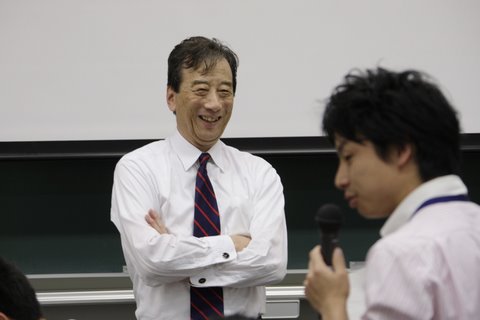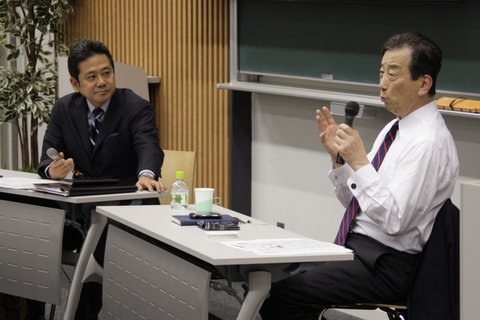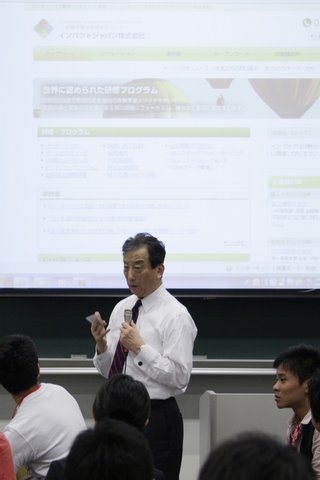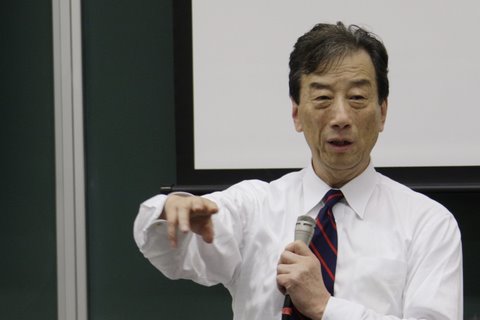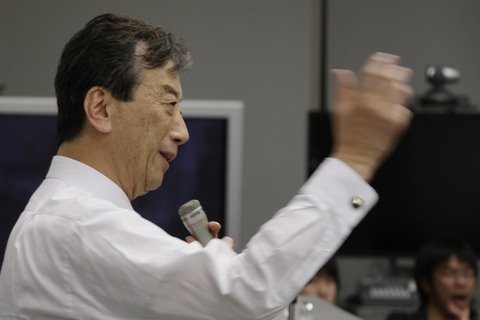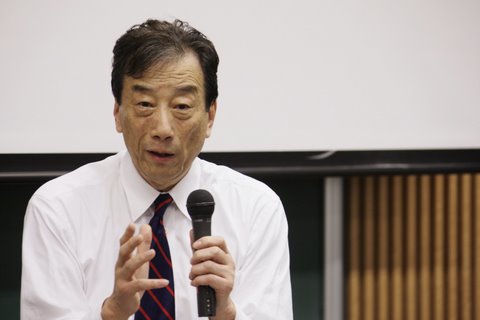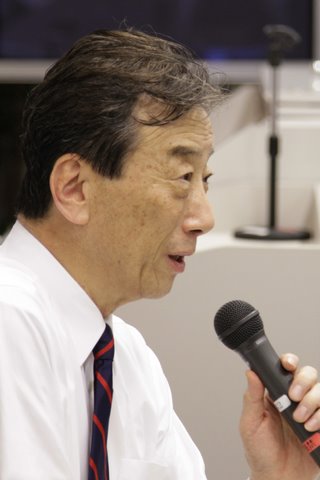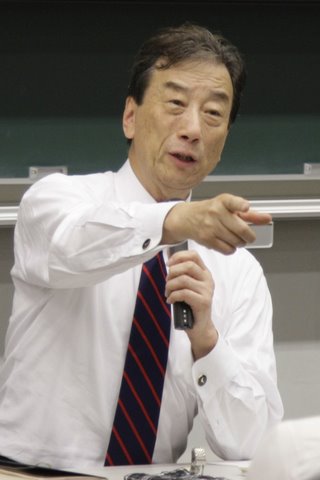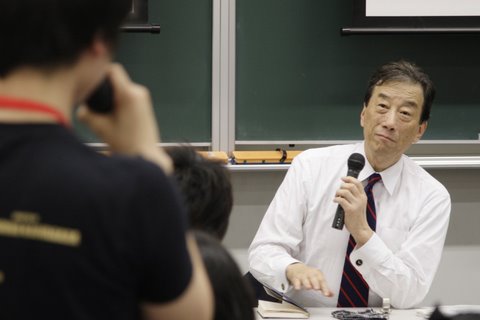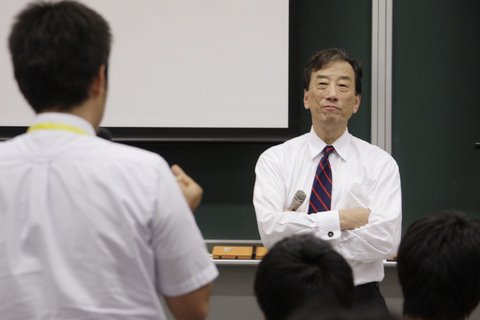Ikujiro Nonaka is one of Japan’s most influential ‘gurus’ on innovation. He is a highly regarded international scholar and someone I also greatly respect. Professor Nonaka has written many wonderful books (in Japanese and in English), and among them are some of my favorites. Included among these books are “The Essence of Defeat”, “The Essence of Innovation”, “The Etiquette of Innovation” and “Virtuous-Based Management”. His ability to conduct research and analysis, and then find the “essence” of a thing is truly amazing.
Moreover, Professor Nonaka does not just look, in his books and talks, at the analysis and know-how that forms the foundation of the average business school, but rather he strives to delve into the essence of a thing as well as delve into “leadership” and shared philosophy which exposes the humanity at the root of all. Specifically, Professor Nonaka looks at the importance of phronesis as proposed by Aristotle. He could even be characterized as Japan’s Peter Drucker. And in reality, he is the First Distinguished Drucker Scholar in Residence at the Drucker School of Management, Claremont Graduate University.
We had previously had some discussions, and we have worked together on various projects in his role as the head of the University of California at Berkeley (UCB) Japan Alumni Association and mine as the head of the UCLA Japan Alumni Association (in Japanese).
One of our projects that came to fruition is our dialogue on “Japanese Innovation in the Aftermath of the 3.11 Disaster ? What Will It Take?” which was held on July 1st. This event was well attended by a lively audience. The event started from 6:30 in the evening and the reception continued on until 10:00 pm. Unfortunately Professor Nonaka had to leave early because he had to leave for Dalian the next day.
The Hitotsubashi Business Review has recently put out a special feature entitled Thoughts on Ikujiro Nonaka: Frontiers of Knowledge Management (in Japanese) in its Summer Issue.
I started out by setting the tone for the first 30 minutes and reiterated the themes that I have talked about on this site at length. For example, how both the strengths and the weaknesses of Japan have been laid open to the world in the aftermath of the events of 3.11 (Ref. 1, 2) .
Professor Nonaka has also coauthored a paper The Wise Leader with Hirotaka Takeuchi that was just published in the May issue of the Harvard Business Review. (Professor Takeuchi launched the Graduate School of International Corporate Strategy at Hitotsubashi University 10 years ago and last year returned to Harvard.) Anyway we launched into our dialogue for 30 minutes which was followed by a 60-minute Q&A session. All in all, it was a hugely intellectually stimulating evening.
Professor Nonaka and myself both strongly stressed the importance of, not knowledge, but rather the spirit that one can garner from liberal arts, philosophical and communal values as well as wisdom and experience gained through practical application, actions and evaluations.
At the same time, the July issue of Voice (in Japanese) had a special feature on “The Kan Administration, the Essence of Defeat”, and Professor Nonaka lead off with an article entitled “Non-Reality-Based Politicians are Destroying Our Country”. Professor Nonaka noted during the talk that sales of his book The Essence of Defeat have jumped since 3.11.
Our dialogue should eventually be available for all to see via video and I will let you all know when it is posted.
I received a number of messages via Twitter and email from participants, and someone also talked about this event in their blog (in Japanese).
Afterwards, I was able to enjoy drinks with Mr. Kobayashi who is the originator of “This is Liberal Arts: Summer Course 2011” that was conceived in Boston last year, and his friend Mr. Kano, Mr. Yasui and Mr. Yokoyama who is a UCLA alumni.
After spending several fulfilling hours with everyone, a truly productive day came to an end.
